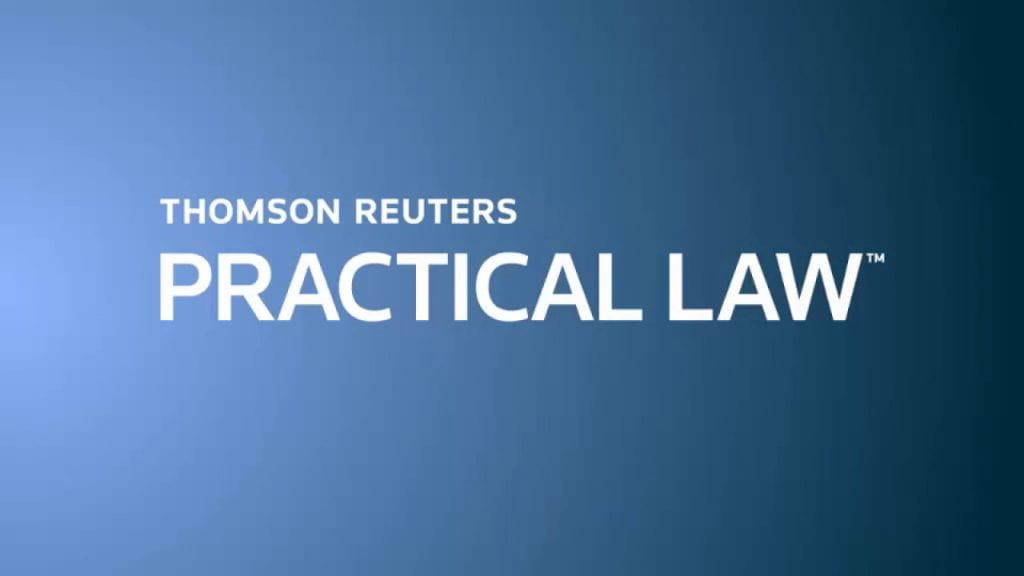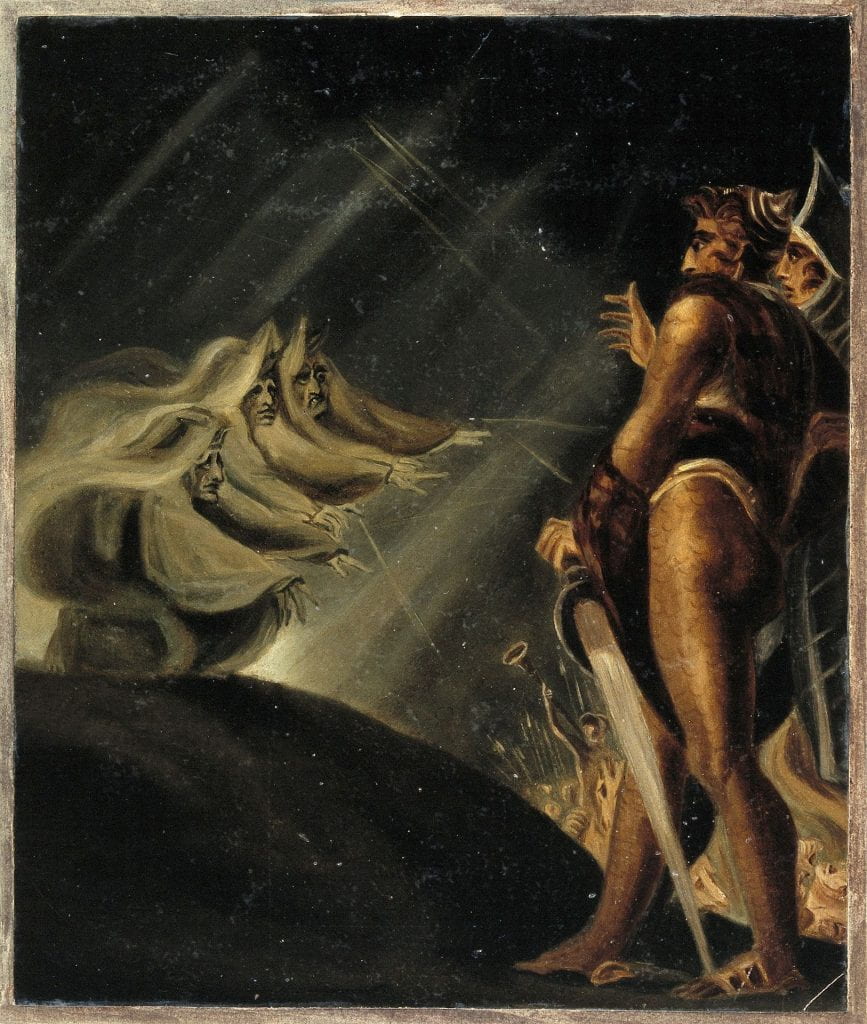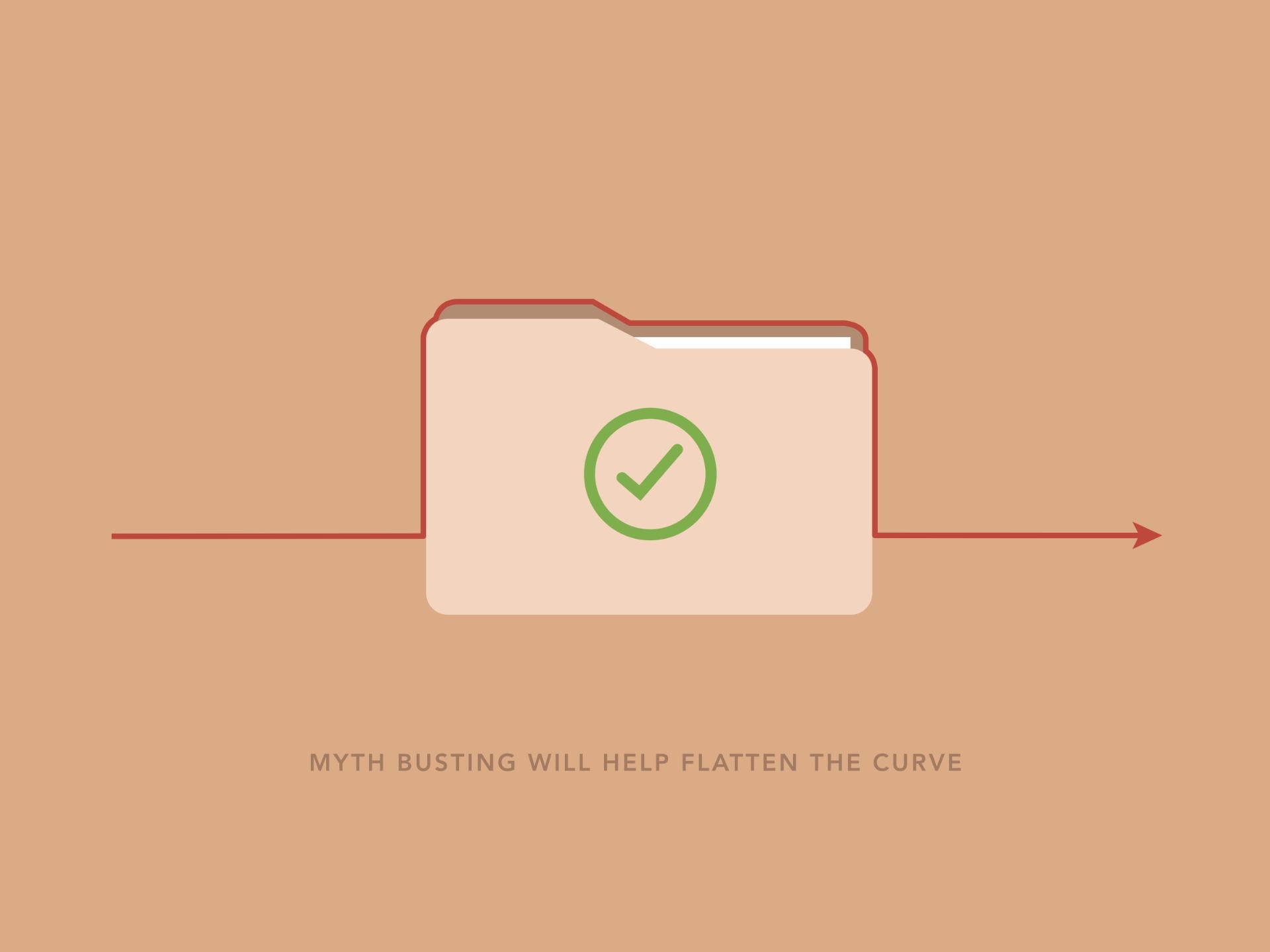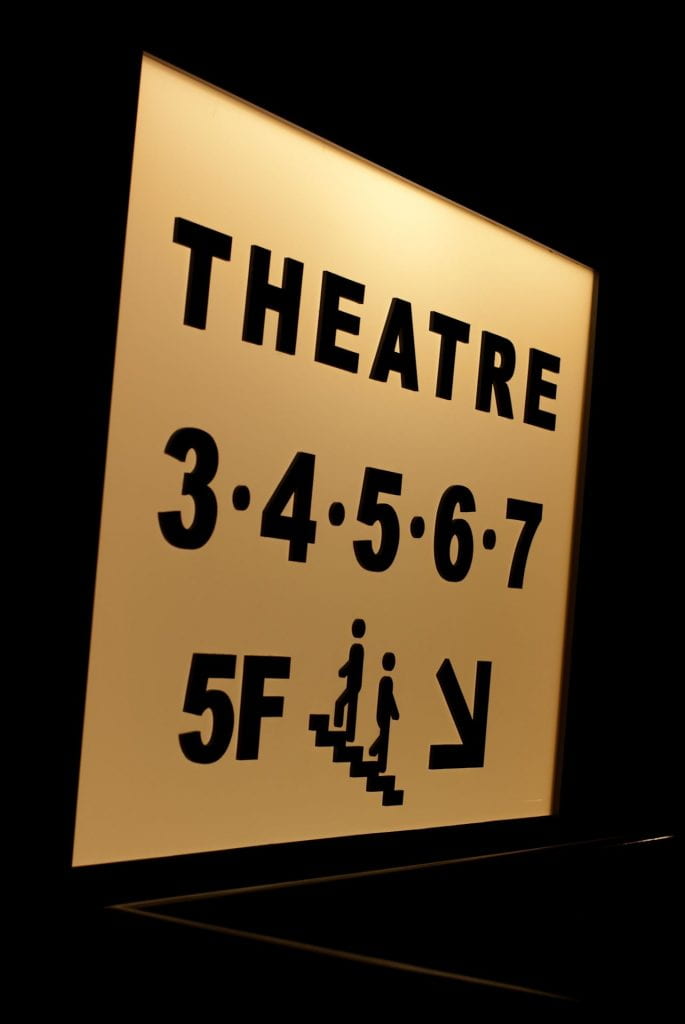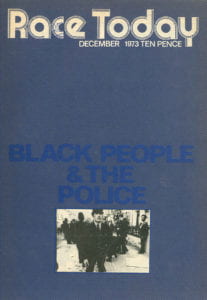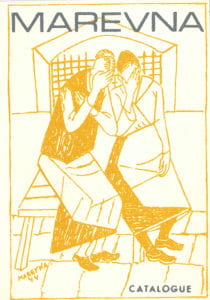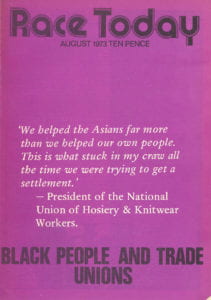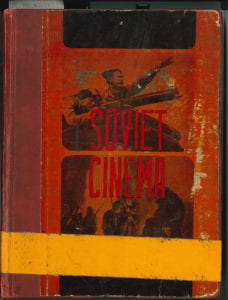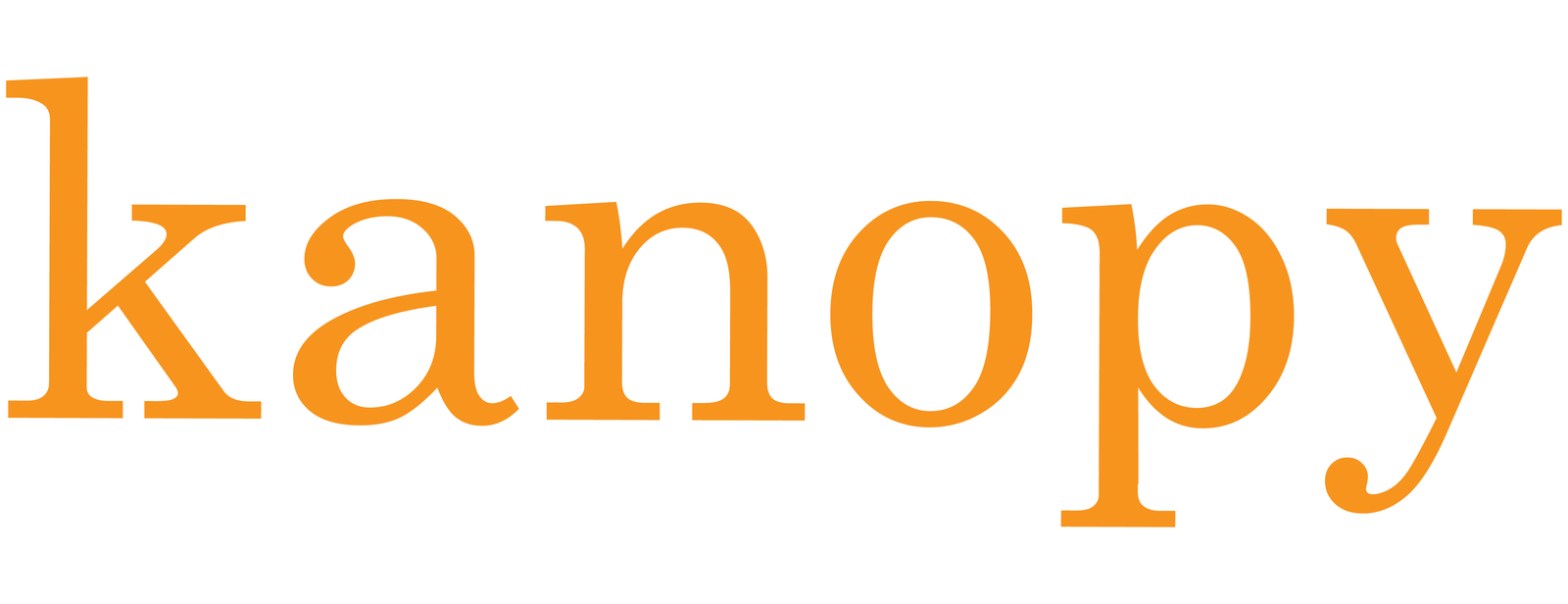I’ve been working in my role as Acquisitions Assistant, at Goldsmiths Library, for 2 years now. Prior to starting this role, I assumed I had a reasonable understanding of what eBooks are, and how they compare to print books and other online resources offered by an academic library.
I soon realised that eBook publishing is complex and getting the most out of the hosting websites’ features, or identifying licensing restrictions, is not always straightforward. I’ve written this blog post and an eBook License Guide to highlight some of the things I’ve discovered.
The role of the eBook has never been as fundamental, to the support of learning and research, as it has been during the pandemic. Though it would be unfair to expect online resources to resolve all the issues that arose from library closures, and limited access to physical collections, there have been significant problems with eBook provision, that ought to be rectified.
One critical issue is the cost of eBooks, which has been well documented over the past year. If you haven’t already, please read and sign the open letter asking the UK Government to investigate the practices of the academic eBook publishing industry. Some publishers have chosen to increase eBook prices during the pandemic, or only offer key texts to libraries as part of expensive subscription packages.
It is clear that most academic libraries prefer to purchase permanent (aka perpetual) licenses for specific eBooks, rather than paying for packages, which may have a few key texts bundled in with less popular or relevant titles. Another inescapable problem is that many titles, particularly those published before the 21st century, have never been available as eBooks, and certain subject areas, such as art and design, offer limited availability for recent publications.
There is still a tremendous amount of content out there, and it is always worth checking the selection of open access eBooks, available free of charge, including the UCL Press collection. Goldsmiths’ students and staff also have access to eBooks via Senate House Library.
The Goldsmiths Library catalogue acts as a gateway to the available eBook collections, but the websites that host eBook content vary greatly in terms of layout, functionality and access restrictions. Some eBooks are laid out like print books, while others are viewed online as a continuous body of text.
You may have more experience of reading eBooks on an eReader, but academic eBooks are not always compatible with these devices. It may be necessary to download specific software and even then access to full eBook downloads are often time limited. More information on using the websites of the library’s main eBook providers, Proquest Ebook Central and VLeBooks can be found on the eBooks Libguide.
The eBooks available via these 2 providers, alongside EBSCO eBooks, will typically have some Digital Rights Management (DRM) restrictions, that may limit the number of users that can access a book at the same time, limit the loan length of a full download, or the percentage of the book that can be printed or copied.
Other websites, particularly those hosting content from university press publishers, offer fewer restrictions, and it is often possible to download the full eBook, in PDF format, to keep permanently. An excellent example of this is the Duke University Press collection, for which Goldsmiths Library offers access to all titles.
For reading list materials, it is always worth planning ahead as some eBooks, like their print siblings, will have limited availability at the times when they are most needed by other students on your course. Digitised versions of essential chapters may be available to download via the module’s online reading list. If your reading list specifies a chapter or section to read, it is also advisable to check if that part of the eBook can be downloaded, as a PDF, using the copy or print features on the hosting website.
For guidance on identifying the type of eBook license the library provides, and the restrictions of use, an eBook License Guide is now available on the library webpages. It can be a confusing and at times frustrating topic, so if you have any questions, or specific accessibility requirements, please get in touch with the library for additional support.
Nick Leigh
